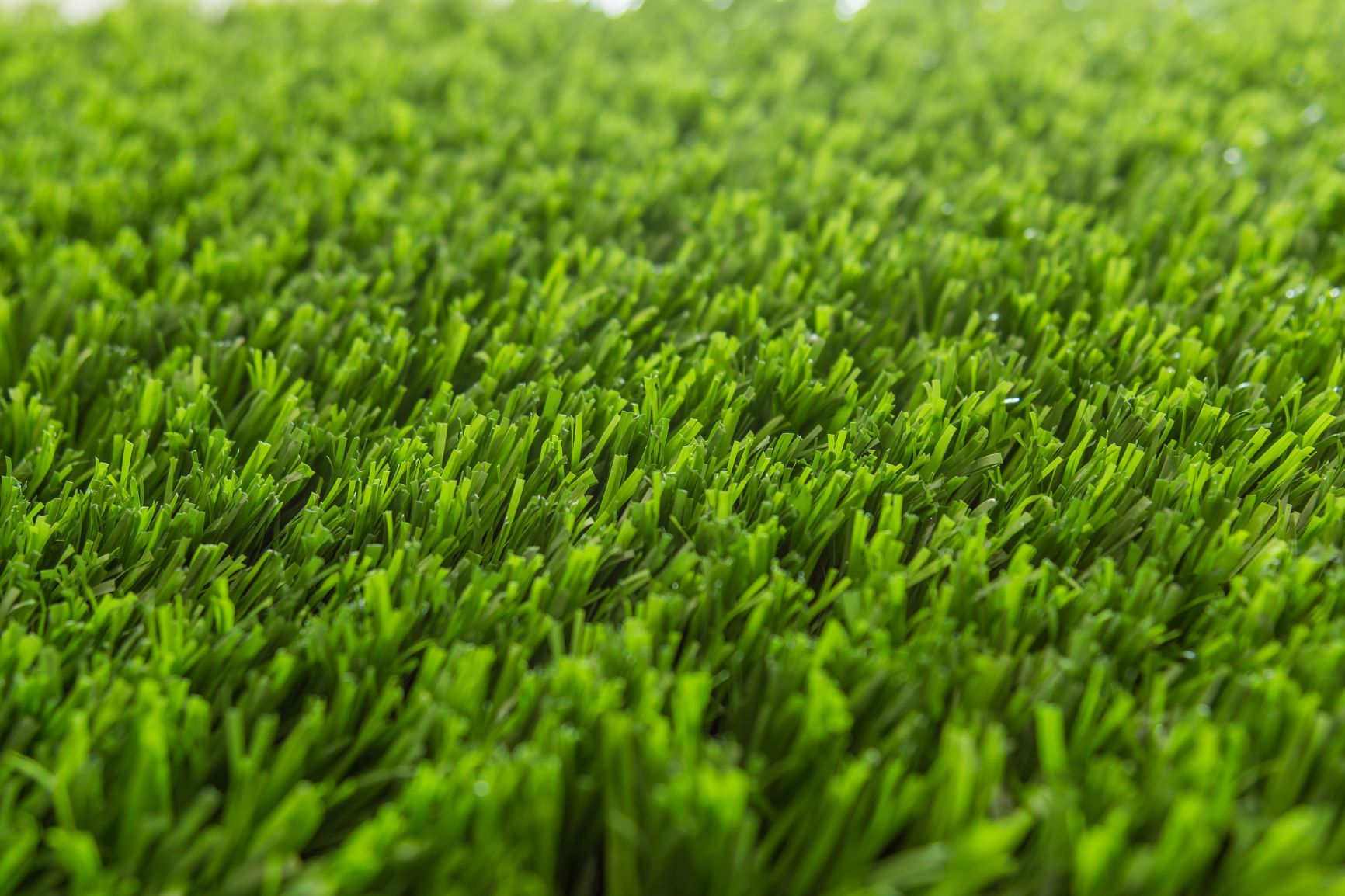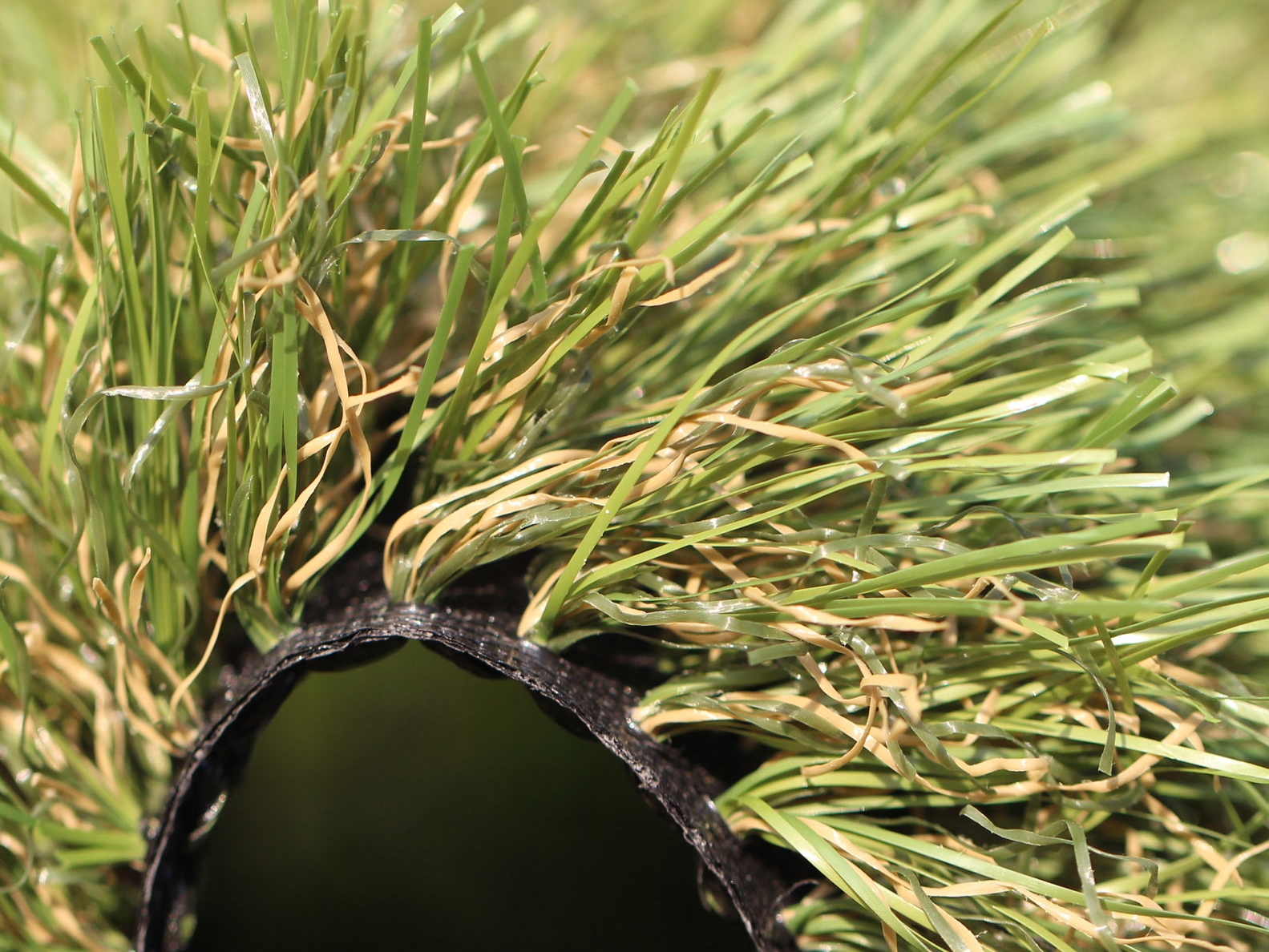See Why Homeowners Prefer Synthetic Grass for Sustainable Landscaping Practices
As home owners increasingly prioritize sustainability in landscaping, man-made lawn has actually arised as a compelling alternative to typical grass. Its ability to save water, reduce maintenance efforts, and lessen ecological impact settings it as a sensible selection for those looking for environmentally friendly services. The aesthetic appeal and versatility of fabricated lawn provide to diverse design choices. Nonetheless, the effects of this shift extend beyond plain comfort and visual appeals, prompting a more detailed exam of exactly how these options influence broader ecological results. What continues to be to be checked out is the full range of benefits that synthetic grass can use to house owners and the atmosphere alike.
Water Preservation Benefits
One of one of the most significant advantages of man-made lawn is its role in water conservation. Standard grass lawns need significant quantities of water to maintain their rich look, often causing overuse of neighborhood water sources, especially in arid regions. In comparison, synthetic grass eliminates this need entirely, as it does not call for watering. This not just saves water but likewise reduces the pressure on municipal water supply, especially during drought problems.
Furthermore, the setup of man-made grass can contribute to a more sustainable landscape. Homeowners can considerably lower their water bills, enabling reallocation of sources to other ecological campaigns or house usages. Furthermore, synthetic grass is designed to hold up against various weather problems without the requirement for additional watering, making it a perfect choice for areas encountering water deficiency.
The ecological benefits expand beyond prompt water savings. By minimizing water consumption, synthetic grass helps to mitigate the impacts of environment modification, maintaining crucial ecosystems that are endangered by excessive water removal. As sustainable landscape design practices get traction, synthetic grass becomes an accountable selection for property owners looking for to create environmentally friendly exterior spaces.
Lowered Maintenance Initiatives
Synthetic grass significantly minimizes upkeep efforts compared to typical turf yards. With fabricated turf, house owners can remove the lengthy jobs connected with natural landscape design, such as mowing, fertilizing, and weeding. This not just saves important time but likewise reduces physical labor, making yard treatment accessible for individuals of any ages.
Among one of the most notable advantages is the absence of regular mowing. Conventional yards call for constant cutting to maintain an aesthetically pleasing height, whereas man-made grass stays continually lavish without the demand for reducing. In addition, homeowners no longer need to apply fertilizers or pesticides, which are frequently needed to keep natural lawn healthy and balanced. This shift not only lightens the workload but also promotes a neater, more uniform look year-round.
Furthermore, artificial turf is long lasting and resilient, requiring minimal upkeep past occasional cleaning and rinsing to get rid of debris. This convenience of maintenance permits house owners to enjoy their exterior spaces without the consistent worry of maintenance, offering even more time for leisure and family members activities. Eventually, the reduced upkeep initiatives related to synthetic grass make it an enticing option for those looking for a low-maintenance, aesthetically appealing landscape.

Environmental Influence Decrease
There is an expanding recognition of the environmental advantages connected with artificial grass, particularly in regards to water conservation and minimized chemical use. Standard grass need substantial amounts of water, particularly in drought-prone areas, resulting in raised strain on neighborhood water resources. In contrast, synthetic grass gets rid of the demand for irrigation, substantially decreasing water intake and advertising sustainability.
Additionally, traditional grass upkeep frequently includes the application of fertilizers, herbicides, and pesticides, which can add to dirt and water pollution. Synthetic grass minimizes this environmental risk by needing very little maintenance and essentially removing the demand for harmful chemicals. This not only enhances soil health and wellness however likewise secures neighborhood ecosystems from harmful overflow.
Additionally, the manufacturing of natural yard yards commonly entails the usage of nonrenewable fuel sources for trimming and landscape design devices, additional adding to greenhouse gas emissions. By choosing synthetic grass, house owners can substantially reduce their carbon footprint connected with grass treatment activities.
Visual Appeal and Versatility
In addition to its ecological advantages, synthetic grass uses significant aesthetic allure and versatility for landscaping. Home owners can achieve a rich, environment-friendly appearance year-round, eliminating the seasonal changes generally associated with natural lawn. This regular aesthetic not only improves the aesthetic allure of a home however additionally adds to a polished and well-maintained appearance.
In addition, fabricated turf is available in a variety of textures, designs, and colors, enabling for personalization to fit private preferences and style styles - Artificial turf companies phoenix. Whether used in domestic gardens, commercial rooms, or entertainment locations, it can effortlessly integrate into varied landscape design styles, from contemporary minimalist to lavish exotic settings
The wikipedia reference versatility of synthetic grass prolongs beyond mere look; it can be set up in various locations, consisting of rooftops, patios, and also indoor spaces, developing chances for distinct landscape design options. Additionally, it appropriates for a variety of activities, from youngsters's backyard to pet-friendly environments, giving performance without compromising design.
Ultimately, the visual appeal and convenience of synthetic grass make it an eye-catching option for home owners seeking lasting landscaping remedies that do not sacrifice elegance for environmental duty.

Long-Term Cost Financial Savings
One of one of the most engaging benefits of synthetic grass is its possibility for long-lasting price savings. Unlike all-natural turf, which calls for routine upkeep-- including mowing, watering, feeding, and insect control-- synthetic grass significantly lowers these recurring costs. Home owners can save a significant amount on water expenses, specifically in regions where water shortage is a pushing issue. The removal of grass care services better contributes to monetary cost savings, as there is no need for specific devices or Read More Here labor.
In addition, fabricated turf has a lifespan of 15 to 25 years, depending upon its high quality and use. This durability reduces replacement expenses, making it a much more affordable choice in the future. The initial financial investment in artificial lawn can often be redeemed via the financial savings accumulated over time.
While the in advance expense may appear greater compared to turf setup, the advancing savings from reduced upkeep and water use typically outweigh these initial expenses. Eventually, the adoption of artificial lawn not only promotes a lasting landscaping solution yet likewise offers home owners a monetarily smart alternative that lines up with long-term budgeting objectives.
Final Thought
Fabricated grass arises as an engaging option for sustainable landscaping, using substantial benefits in water preservation, minimized maintenance efforts, and reduced ecological influence. As areas increasingly prioritize environmentally friendly methods, the adoption of synthetic grass stands for a modern action toward accomplishing durable and sustainable landscapes.
Additionally, synthetic turf is developed to endure different climatic conditions without the demand for supplementary watering, making it a perfect choice for regions encountering water deficiency. (Arizona turf)

Artificial lawn emerges as a Visit This Link compelling choice for sustainable landscape design, using significant benefits in water conservation, reduced upkeep efforts, and lessened environmental impact.